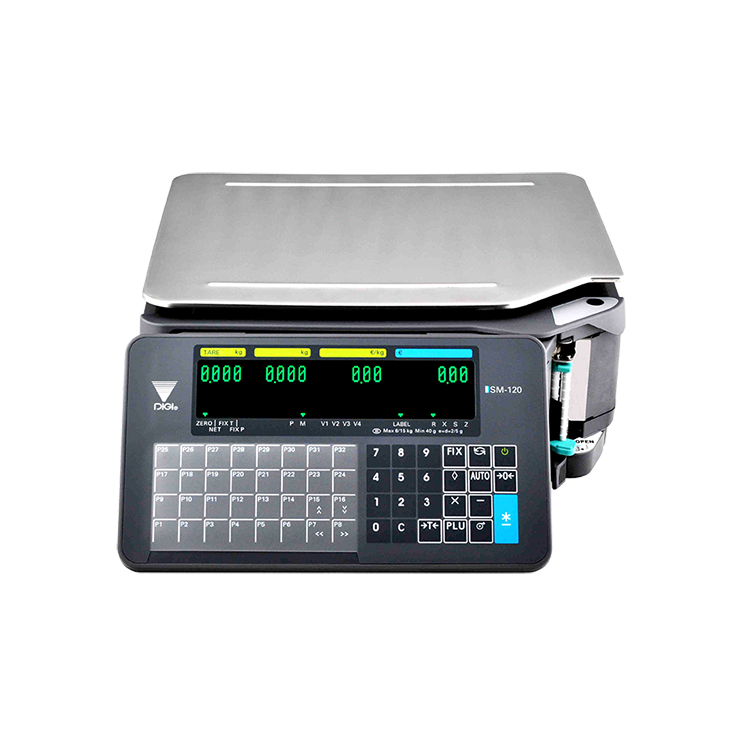
Why Reliable Scales Are the Backbone of Every Meat Processing Operation
Share
In any meat processing environment, from independent butcher shops to industrial plants, the scale plays a central role. Accurate weighing ensures fair pricing, regulatory compliance, and operational efficiency. But when that scale is off by even a fraction, the ripple effects can impact your business on multiple levels.
1. Accuracy and Compliance
Most processors are required to use "Legal for Trade" certified scales. This means they meet specific tolerances enforced by weights and measures authorities. Using uncertified equipment risks penalties or lost licenses.
2. Building Trust with Customers
Weight-based products depend on trust. When a customer sees 1 lb. on the label, they expect it to be exact. Consistently accurate scales build long-term credibility.
3. Reducing Waste and Increasing Profit
Inaccurate weighing can lead to over-portioning, which erodes your margins. Calibrated and well-maintained scales help you stick to target portions and eliminate waste.
4. Meeting USDA and Food Safety Standards
Traceability, proper packaging, and labeling all depend on precision. From net weights to batch tracking, scales support the paper trail needed to meet USDA regulations and protect public health.
5. Choose the Right Scale for the Right Job
Bench scales, floor scales, hanging scales, and portion control scales all serve different functions. Matching your workflow to the right equipment ensures smoother operations and less downtime.
